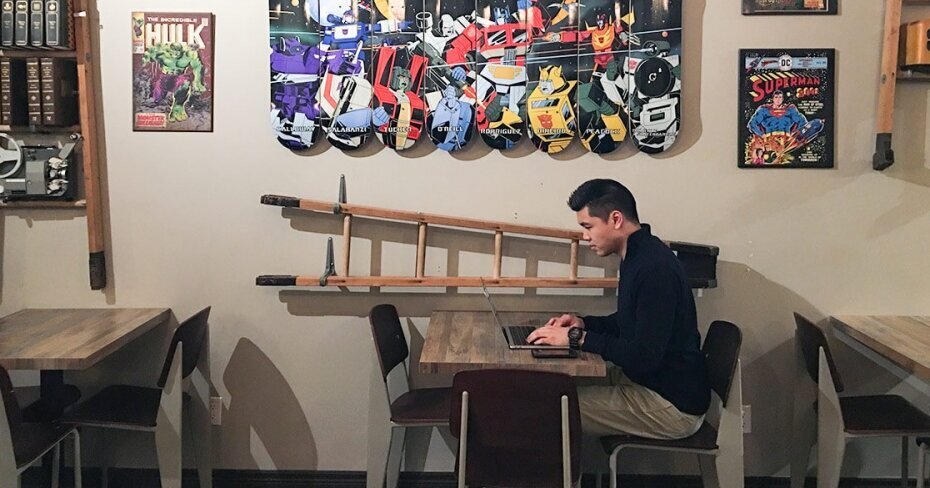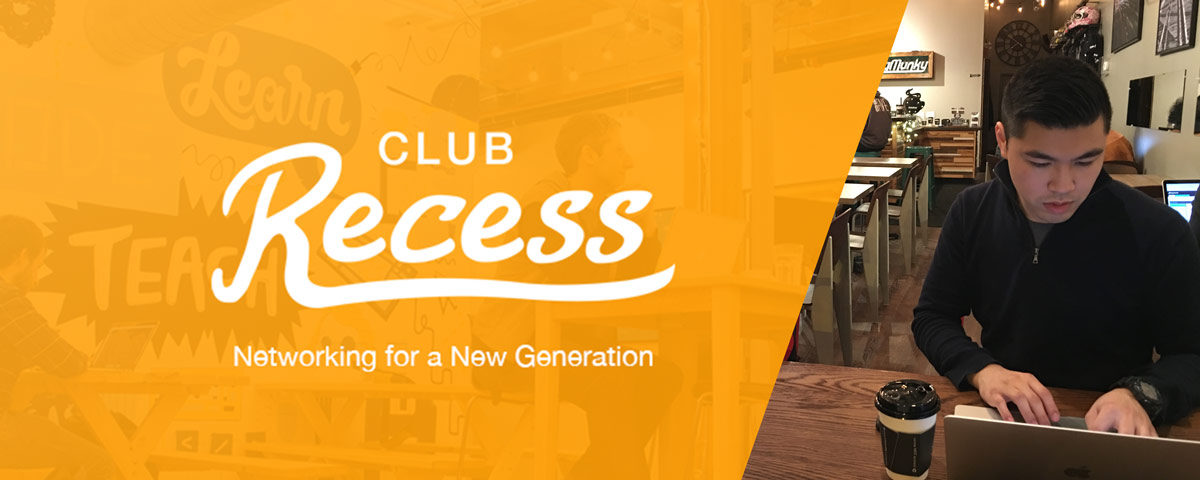An app creator by night tells us why you should take on a side project
By: Rebecca Lee on January 9, 2017
For many young professionals today, investing in your career outside of your job is a modern reality.
More and more, Canadians are going to coding classes, developing apps or taking on a freelance gig to help improve their incomes. It's no surprise, either — wages have been stagnant in Canada for decades.
There are other reasons, too. Writing in Quartz, Catherine Baab-Muguira talks about how Millennials, specifically, are increasingly taking on side projects because they feel they’re not getting enough out of their day jobs.
“The side hustle offers something worth much more than money," she says in her article Millennials are obsessed with side hustles ‘cause they’re all we’ve got.. "A hedge against feeling stuck and dull and cheated by life. This psychological benefit is the real reason for the Millennial obsession.”
But the question remains: should everyone be putting their energy into such projects outside of their job? After all, you're sacrificing even more of your time on work — at the expense of things like leisure, or spending time with your friends and family.
I met with someone who’s knee-deep in his own passion project right now to talk about all these issues.

Everything you have to devote to the cause
Sean Ho Lung is your typical Millennial. He’s young (24), lives in the city (Toronto), and works a nine-to-five (doing some serious sounding stuff at one of the Big Banks). It just so happens that he also works on his own networking app on the side, Club Recess –– he describes it as the app for people who want to make new professional connections, but are allergic to ‘networking’.
His side project turns him into a product manager, a designer, and an entrepreneur –– roles he doesn’t get to try in his corporate job. So Club Recess has a lot to offer. But getting this hands-on experience costs him more than just his patience and creativity.
And if you haven’t made a similar leap into a passion project, or you’re a parent wondering why your adult child spends so much time in coffee shops, you might not understand just how massive of an investment this really is.
So let me tell you.
Here’s what Sean has invested in Club Recess to-date.
- Time and energy: “I’ve spent about 40 hours each week, for the past eight months, working on this.” And that’s on top of his 40-hour week at his day job.
- 300 hours of networking: “I’ve attended over 100 networking events in the past eight months and that cost me around $200. I probably spend at least 2-3 hours at each event to meet new people that might inspire me or that I can learn from, whether that be to benefit Club Recess, or just to meet like-minded individuals.”
- The necessary tech: “In terms of server costs, I’m going the cheaper route with shared hosting. Based on traffic, we’ll move to dedicated servers, which will cost more, obviously. Right now, I’m running several websites and that rounds out to about $200/year.”
- Domain rights: “My Club Recess domain costs $60/year. It’s a .io address, so it’s more expensive”.
- Countless $3 lattes: “I go to a coffee shop to work about 5 times a week and I always buy a drink. My usual cost is $3.” That brings his latte blowout to about $15 a week.
- Fees to Apple: “I paid $100 USD for the Apple Developer Program to get Club Recess on the App Store, so that’s about $132 CAD. Then there’s the back-end cloud servers, which cost around $20/month, based on activity.” Club Recess is in beta mode now, but you can download it on your iPhones and try it out.
Everything you stand to gain
Club Recess is currently running a free public-beta, and monetization plans are still being tested. In other words, it hasn’t made Sean any money yet, but it’s cost him a fair chunk of time. With that in mind, I asked him why it’s still worth it.
“I’m passionate about managing products and designing experiences," he says. "This has been a great way to accelerate my learning and fast-track my career progression in a non-conventional way. And if I ever made a mistake, it just helped me know better for next time.”
Sean’s answer probably resonates with all of us. Whether a side project makes you immediately rich or instantly lands you that coveted job at Google, the journey is ultimately the most valuable part of the experience. Of course, knowing you’re onto something is a great confidence boost, too.
“One of the most memorable conversations I ever had was with a CEO from a Toronto startup. He liked Club Recess so much that he offered me seed money and a free co-working space if I made it my full-time priority. That validation and passion for the product/idea gave me a lot of confidence. It was what I needed to hear, even if it wasn’t something I was ready to do at the time.”
So while side projects may take a lot from us –– our free time, our creative juices –– they give us so much more. Like the tools to wring more from our day jobs, the opportunity to connect with new mentors, or the chance to do something we care about.
The bottom line: side projects are less about extra income and a hell of a lot more about personal and professional fulfillment. If you frame it that way, many of us are happy to pay up for that.



